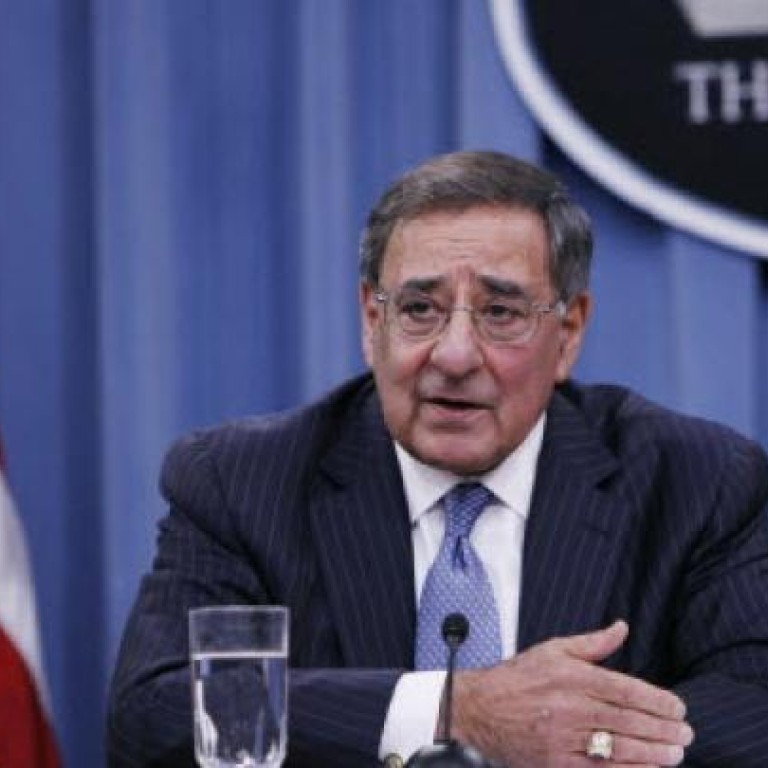
Pentagon chief to visit Australia, Thailand and Cambodia
US Defence Secretary Leon Panetta will travel to Australia, Thailand and Cambodia next week as part of America’s strategic tilt to the Asia-Pacific, even as crises in the Middle East demand the Pentagon’s attention and resources.
In a week-long trip starting on Sunday, Panetta will head to Perth, for an annual US-Australia meeting of ministers that will include Secretary of State Hillary Clinton, the US military’s top officer, General Martin Dempsey, and the head of Pacific Command, Admiral Samuel Locklear, officials said on Thursday.
The summit comes after the arrival of US Marine and Air Force units to northern Australia, billed as evidence of an American “rebalance” towards the Pacific after a decade of ground wars in Iraq and Afghanistan.
The talks will “provide an opportunity to review the alliance’s progress on successful Marine Corps and Air Force deployments to northern Australia and to discuss the next steps in this important cooperation,” Pentagon spokesman George Little told reporters.
In his fourth trip to the region since June, Panetta “looks forward to this opportunity to further advance our long-term strategy of rebalancing toward the Asia-Pacific,” Little said.
After Australia, Panetta will fly to Thailand, the first visit by a Pentagon chief since 2008, before heading to Cambodia where he will join 10 counterparts at a meeting of the Association of Southeast Asian Nations (Asean).
Panetta will stress “the importance of Asean unity for regional stability,” Little said.
The United States, anxious about China’s growing military power and assertive stance on territorial disputes in the South China Sea and elsewhere, has backed calls from some nations in the region for a “code of conduct” designed to avoid clashes over potentially resource-rich waters.
Regional divisions about how to handle China on the issue prevented Asean members from issuing a joint statement after a July summit in Phnom Penh, the first such impasse in its 45-year history.
The United States has sought to reassure allies in the region that Washington will sustain and expand its military presence, but some partners question if the Americans have the financial means to back up the vow given fiscal pressures at home. The Pentagon has already deployed additional aircraft and naval ships to the Middle East amid tensions with Iran.
Panetta’s tour of Asia reflected his belief that US security and prosperity were tied to the Asia-Pacific region, his spokesman said.
The secretary’s trip was announced as tensions flared in the Middle East, with US officials acknowledging that Iranian fighter jets intercepted an American surveillance drone last week over the Gulf and fired at it at least twice.
